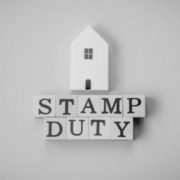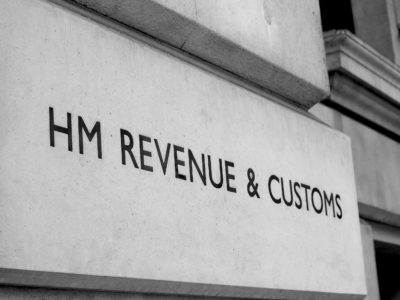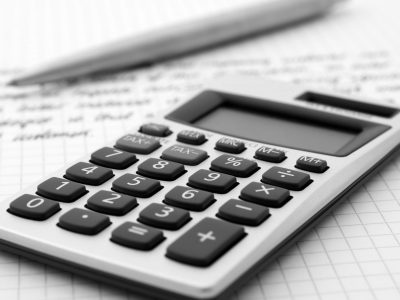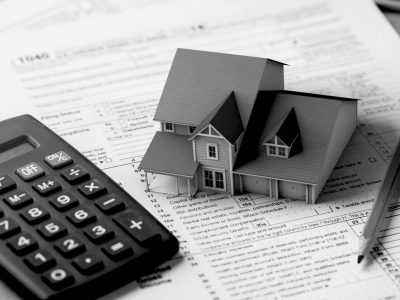Investing in property overseas is very tempting. Throughout Europe and further afield, there are bargains to be had – beautiful wrecks just waiting to be renovated and lucrative rental properties ripe for investment. Plenty of people make money from foreign property investment but there are tax implications to consider.
This article looks at tax considerations for anybody investing in property overseas.
Overseas Buy-to-let
When you let out a property that isn’t your main home you will usually have to pay tax on the income you receive. It forms part of your income for income tax purposes and you will pay it at your normal income tax rate.
This is the case regardless of where that property is located. The profit that you make from foreign rental properties are calculated by deducting your expenses from your income.
When investing in rental property in the UK you are often able to include investments in your rental property as capital allowances that can be deducted from income. However, investment in a rental property abroad (unless it is a furnished holiday let (FHL) cannot be expensed in this way. Instead, it is classed as capital expenditure, which means you can only deduct it from the capital gains made when you actually come to sell the property.
Offsetting losses from overseas rental property works slightly differently than if you are renting out UK property. In short, the losses made on foreign rental property cannot be used to reduce your income from UK rental properties. It can, however, be offset against gains from other foreign rental property.
Paying taxes abroad
Your income from rental property in another country will often be taxed by that nation’s government. However, this doesn’t have to mean that you pay income tax on your rental gains twice. Instead, the tax paid to foreign tax offices will usually be deducted from the bill you owe HMRC. This isn’t always the case and often you won’t receive the full amount paid back, so check carefully.
What about Furnished Holiday Lettings?
Many of us will buy a holiday home abroad and rent it out when we are not there to help cover costs and even make some extra cash. This is a different situation to the above scenario and there are special tax reliefs in place for furnished holiday lettings (FHLs) within the European Economic Area.
Capital gains tax relief is claimable in several different forms on FHLs, including Entrepreneurs Relief and Business Asset Rollover Relief. You can also claim the costs involved in furnishing, equiping and fixtures as capital allowances. However, you’ll need to ensure that your property fulfils the criteria for an FHL by applying a test, which will check whether the property is available to rent as a holiday home, rather than a long-term let.
What if I just want to buy a foreign property to enjoy myself?
The local tax office to where you have bought the property is likely to have its own taxes to apply when property is purchased. You will, of course, be liable for these. When you come to sell the property, the UK government will still count any gains made for capital gains tax purposes, so bear this in mind.
Capital gains tax on property is higher level than for other gains. Basic rate taxpayers will pay 18 per cent tax on property profits, rising to 28 per cent for higher rate taxpayers. You can avoid paying capital gains tax on a foreign property if you elect that property as your main residence.
Providing you live there some of the time, a foreign holiday home can be elected as your main residence, and therefore become exempt from capital gains tax through Private Residence Relief. This could be a wise move if you feel your foreign holiday home’s value will increase more than other property you own and live in.
UK capital gains tax is only usually applicable if you are resident in the UK. You may also be liable for capital gains tax on gains made from selling foreign property if you are domiciled abroad but then move back to the UK within five years of the sale.
If you want to pass your foreign property investments down through your family when you die, it’s also important to remember that these assets will be included in your estate when your inheritance tax liability is calculated.
And if I move abroad permanently?
If you are domiciled abroad, you will not usually have to pay UK tax on income from foreign property and you are also unlikely to be charged UK capital gains tax on profit from a sale of foreign property. However, there are likely to be local taxes payable in your new country of residence, so check carefully.
What is the remittance basis?
If you are still resident in the UK but are domiciled overseas, you may be able to apply for your income from foreign property to be taxed on the remittance basis. This means that only the money you bring back into the UK gets taxed by the UK government.
Remitting income to the UK, according to HMRC, includes cash:
- Brought to, or received in, or used in the UK by you or another relevant person
- Brought to, or received in, or used in the UK for your benefit or that of another relevant person
- Used to pay for a service provided in the UK to you or another relevant person
- Used to pay for a service provided in the UK for your benefit or that of another relevant person
- Used outside of the UK in respect of a relevant debt in the UK
It is worth seeking legal advice about this area of taxation, however, as it is highly complex.
Investing in property abroad can be rewarding in many ways. You have the opportunity to invest in a fast-growing property market while also enjoying a slice of life overseas. Whether you’re planning to start a lettings empire in Barcelona, or purchase a ski lodge in Switzerland to enjoy with friends, ensure you are aware of the tax implications. Doing so will help you take advantage of tax relief owed, while avoiding being caught out by an unexpected tax bill that turns your foreign dream into a nightmare.

























Comments